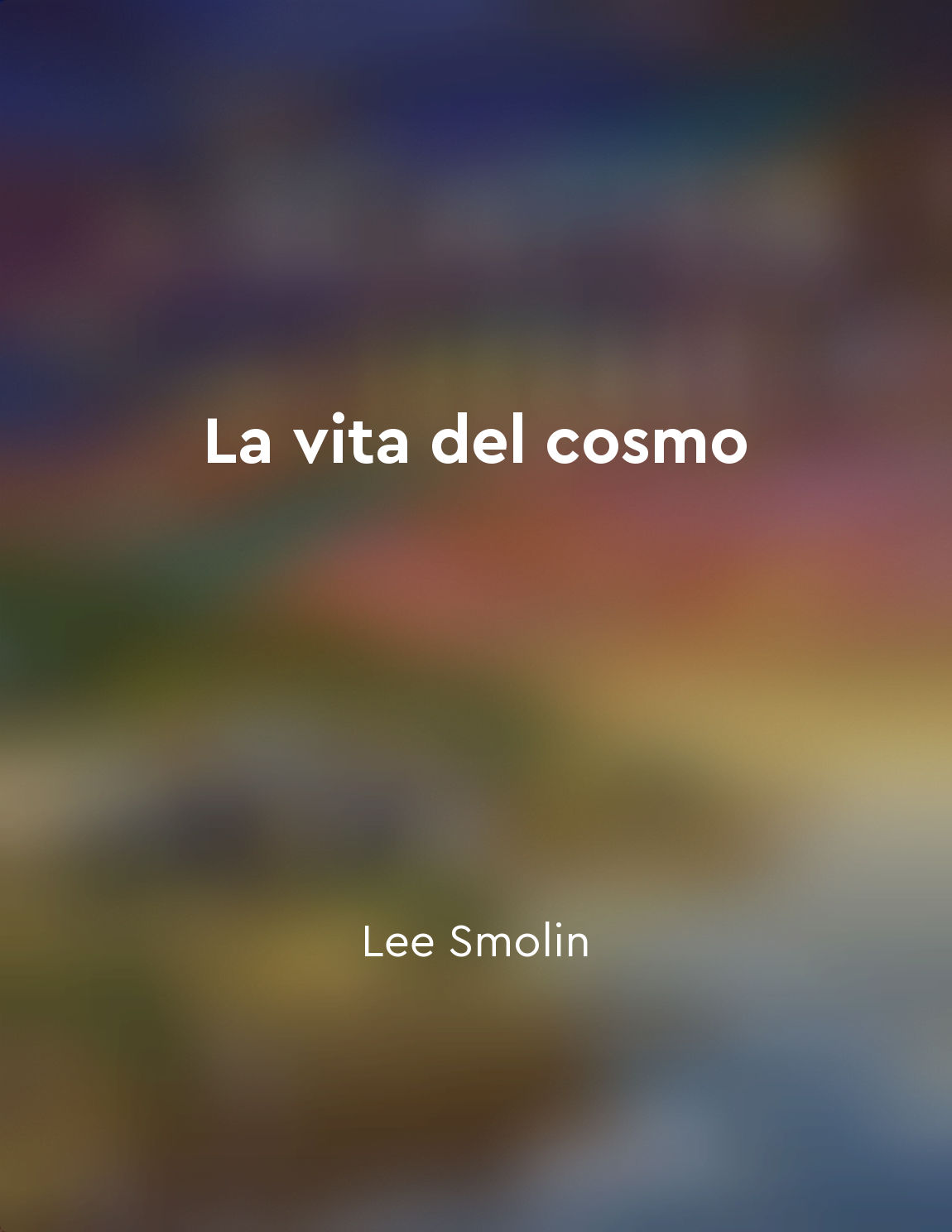Audio available in app
The flow of time cannot be captured in a static model from "summary" of Time and Free Will (Annotated Edition) by Henri Bergson
The idea that time can be fully understood and represented through static models is a common misconception. Time is not a fixed entity that can be captured and confined within the boundaries of a model. It is a dynamic and ever-changing force that defies any attempt to confine it within a static framework. Time is constantly flowing and evolving, making it impossible to accurately depict its true nature through static representations. Static models, by their very nature, are designed to freeze moments in time and present them as if they are fixed and unchanging. However, time does not operate in this way. It is always in a state of flux, with each moment leading into the next in an endless stream of progression. Attempting to encapsulate the flow of time within a static model is akin to trying to capture a river in a bottle – it is a futile endeavor that ultimately fails to capture the essence of time itself. Time is not a series of isolated moments that can be strung together like beads on a string. It is a continuous and uninterrupted flow that defies any attempts at static representation. The very essence of time lies in its ability to move and change, to progress and evolve in ways that cannot be predicted or controlled. Any attempt to confine time within a static model ultimately falls short of capturing the true essence of this dynamic force. In order to truly understand and appreciate the nature of time, one must embrace its fluidity and embrace the idea that it cannot be captured or contained within a static model. Time is a force that transcends the confines of any model or representation, constantly moving and changing in ways that are beyond our comprehension. Only by acknowledging and accepting the dynamic nature of time can we hope to gain a true understanding of its power and significance.Similar Posts
Theory of Induction
The Theory of Induction is concerned with the justification of beliefs about the future or the unobserved based on past experie...

Observations guide our understanding of the universe
In our quest to understand the universe, observations play a crucial role in guiding our inquiries. Through careful observation...
Universe began with Big Bang
According to the Big Bang theory, the universe began as a singularity – a point of infinite density and temperature – about 13....
Supernovae give us insight into the life cycle of stars
When a massive star exhausts its nuclear fuel, it can no longer support its own weight against gravity. The core collapses rapi...
The Longitude Board played a crucial role in evaluating solutions
The Longitude Board, a group of experts appointed by the British government, was tasked with evaluating proposed solutions to t...
The Big Bang theory has limitations
The Big Bang theory, while successful in many respects, has limitations that prevent it from providing a complete and satisfact...
The practice of meditation can alter our relationship to our thoughts
Meditation has the power to transform our relationship with our thoughts. When we sit down to meditate, we are instructed to si...
Time is a subjective experience
Time is a subjective experience. This idea challenges our common-sense intuition that time flows uniformly for everyone. Accord...
Universe's beginning linked to time's emergence
According to modern physics, the big bang was not just the birth of the universe, but also the birth of time. Before the big ba...
Time is a fundamental aspect of our existence
Time is not just a concept we observe or measure; it is an intrinsic part of our very being. From the moment we are born until ...
